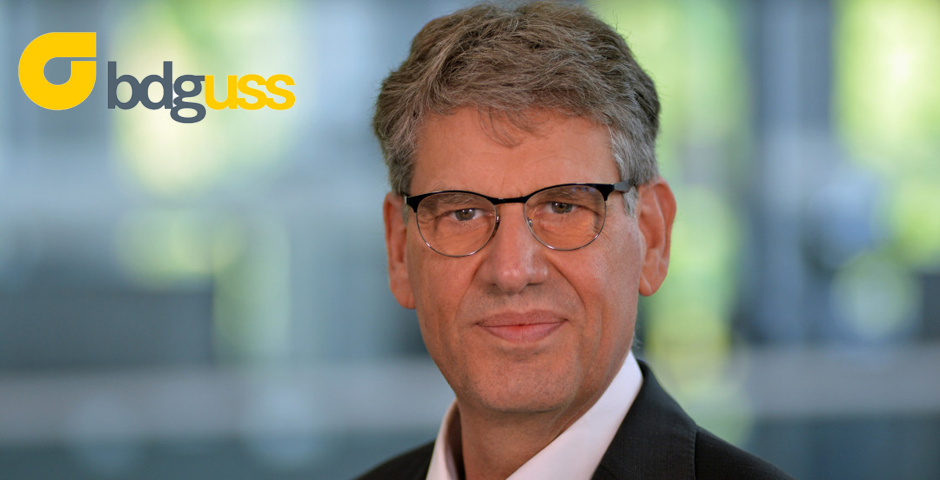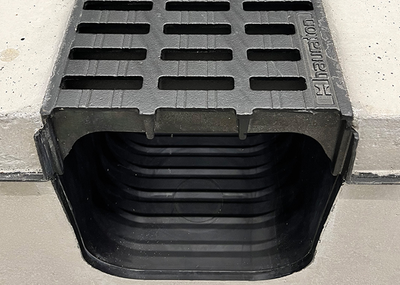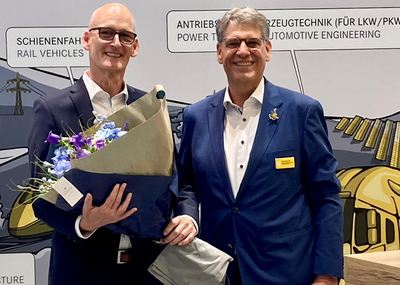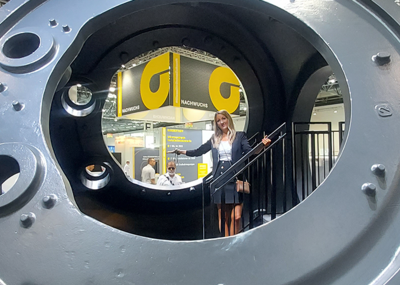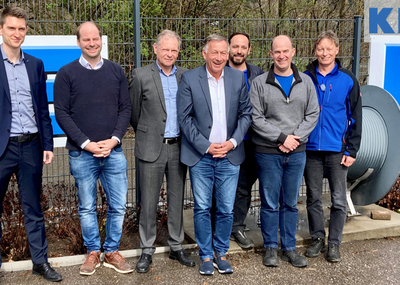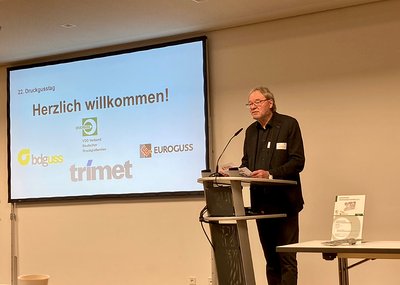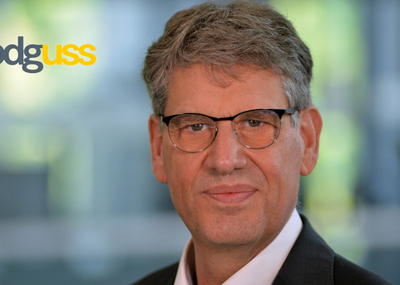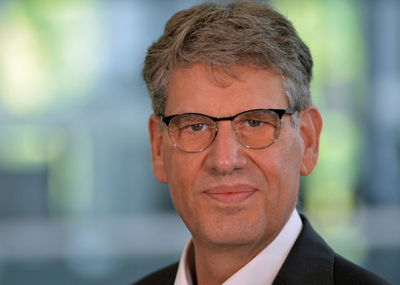In this interview, Max Schumacher, Chief Executive Officer of the BDG, reveals the demands of the BDG for an electricity price for industry to maintain Germany as an industrial location. Renewable energies and achieving the climate policy goals by 2045 are also featured in this article.
Foundry-Planet: Mr Schumacher; Germany's energy policy is currently under fire. Companies have to ensure competitiveness in times of transformation. At the same time they must fight against climate change. How do you assess the current situation due to the high industrial electricity prices? Is Germany in danger as an industrial location?
Max Schumacher: If you see the huge quantities of cast iron that are used for renewable energies, you would think that Germany's foundries are running at high capacity. Unfortunately, this is not always the case. Despite the rise in energy prices, the investment in renewable energies is too low. And this in a situation where we are dealing with energy shortages. What we have is an energy crisis, caused by the war in Ukraine. This has a lasting negative impact on the competitiveness of the German foundry industry. We are dealing with electricity prices around 4 cents on the global market. Especially during the crisis, when long-term electricity contracts were signed - Germany's foundries had to pay a multiple amount.
Despite the rise in energy prices, the investment in renewable energies is too low
Foundry-Planet: What does that mean concretely?
Max Schumacher: We had a multiplication of energy prices in Germany! Even today, there are foundries with long-term contracts where the energy price lies well above 30 cents. In the European comparison, German energy prices are still at the top. This - along other location factors - impairs competitiveness. We have just withdrawn from nuclear energy and want to phase out coal. That tightens the market and increases energy prices.
Foundry-Planet: It will take some time before the industry is able to switch completely to green energy. There is no political consensus right now. As an association, what are you asking for? What must happen that German industry can produce climate neutrally? Which conditions do you demand from the politicians?
We demand an industrial electricity price for bridging - unbureaucratic and sustainable - by 1 January 2024
Max Schumacher: It's primarily about bridging energy prices and not about permanent subsidisation. According to the German government, the energy supply for industry should be ensured by 2030 through renewable energies to achieve an internationally competitive electricity price - based on renewable energies - as well as to bring a climate change. Due to the coal and nuclear phase-out, it means that we must create a "bridge" until 2030. We need a stable electricity price for industry during the period of transition to renewable energies. From today's point of view, there are still too many conditions linked to the industrial price - that must change. This is why we are asking for an industrial electricity price that is internationally competitive. The new industrial electricity price must be introduced by politicians as soon as possible - within the next 10 months. We demand from Minister Habeck a non-bureaucratic and sustainable electricity price by 1 January 2024.
There is some reluctance from the Chancellors Office, cited with regulatory concerns
Foundry-Planet: The war in Ukraine caused shortages and supply difficulties. As a result, many companies have been stuck with the high energy costs. Do you have the impression that this situation has already changed? Or are we facing the imminent threat of de-industrialisation?
Max Schumacher: Large parts of the SPD have understood the seriousness of the situation. The current foundry report shows that foundries are negotiating surcharges with all their customers. They are trying to save the existing contracts, but it is obvious that new orders are weakening. Some customers demand to outsource production abroad within a few years. This promotes neither the German economy nor climate protection. Politically, we see a movement among the Green party in this context. At the same time, there is a certain reluctance on the part of the Chancellor's Office and the Ministry of Finance, which is cited with market-economy regulatory concerns.
Our goal is to be climate neutral by 2045. But we can only achieve this with a low industrial electricity price
Foundry-Planet: It is a shame that politics does not show any solidarity in this situation. How do you think about that?
Max Schumacher: What we see is that the regulatory mechanism is not working. We have a very regulated energy market that is anything but liberal. Politicians and society want to be climate neutral by 2045. But we can only achieve that if we have a low industrial electricity price! For that, electricity must be cheaper than gas. Otherwise, there is no incentive to move away from fossil energy and go for green electricity instead. That is what we are trying to achieve politically.
Foundry-Planet: A demonstration of solidarity will be held at the Baumgarte foundry in Bielefeld. What is this movement trying to achieve?
Max Schumacher: This movement is a demand from the foundry industry for an industrial electricity price. The solidarity movement demonstrates emphatically how great the hardship of the foundry industry is. It is the first campaign in history that unions (IG Metall), associations (BDG) and entrepreneurs have launched together. It is a loud YES to promote the industrial electricity price. More than 1,000 participants are expected to attend the event, among them Clemens Küpper, President of the BDG, as well as Jürgen Kerner, CFO and Executive Member of the Executive Board of IG Metall. We must be proactive together so that the campaign has the greatest possible resonance. Once again, this action is not a measure of lobbying but is supported by the entire industry - managing directors, board members and employees.
The political situation is to be rated as poor
Foundry-Planet: If you evaluate in school grades: How do you currently rate politics regarding the price brake for industrial electricity?
Max Schumacher: I believe that the situation is correctly assessed politically, but the measures to counter it successfully are not being used accordingly. From a liberal point of view - in school grades - I rate this as poor. Otherwise, from the SPD to the Greens, the entire spectrum - from good to bad - is represented. But in this case, I would not give best notes.
Foundry-Planet: With all the developments in the industry, which insight is for you personally the most important?
Max Schumacher: It is important to realise that we are part of the solution. We will also demonstrate this at our exhibition stand at GIFA. The special event from BDG-Guss is called "Castainability" and shows our roadmap to NET ZERO by 2045, which includes the CO₂ footprint. We are ready to tackle the whole thing, but we need a suitable framework for this.
Currently, only 31 non-ferrous foundries in Germany would be eligible to receive the industrial electricity price
Foundry-Planet: Last question: In your opinion, who should receive the industrial electricity price?
Max Schumacher: Now, we are supporting Habeck's plan because we need a functioning economic system. The proposal of an industrial electricity price is a step in the right direction. However, the plan implies that only certain foundries and companies will receive special arrangements under the EEG for the industrial electricity price. In Germany, for example, there are currently only 31 non-ferrous foundries. In addition, the collective bargaining agreement must be adhered to, with a guarantee of employment and location for many years. There are also other requirements that currently exclude many foundries. The issue here is gross value added. The foundry industry is generally capital, labour and energy intensive. If a foundry uses more electricity in an automated way but, for example, lays off 15 per cent of its personnel, it would be more energy-intensive according to these criteria. But as foundries basically have more personnel, they are consequently less energy intensive. But the formula according to the energy tax law states that foundries are energy-intensive if their energy expenditures are 3 percent of their total costs. And that is exactly what we are aiming for as a temporary solution with the industrial electricity price.
Foundry-Planet: Thank you very much for the interview! We are looking forward to seeing you at GIFA in Düsseldorf.
The interview was conducted by Thomas Fritsch, CEO Foundry-Planet; and Diana Engelmann, Editor, Foundry-Planet

